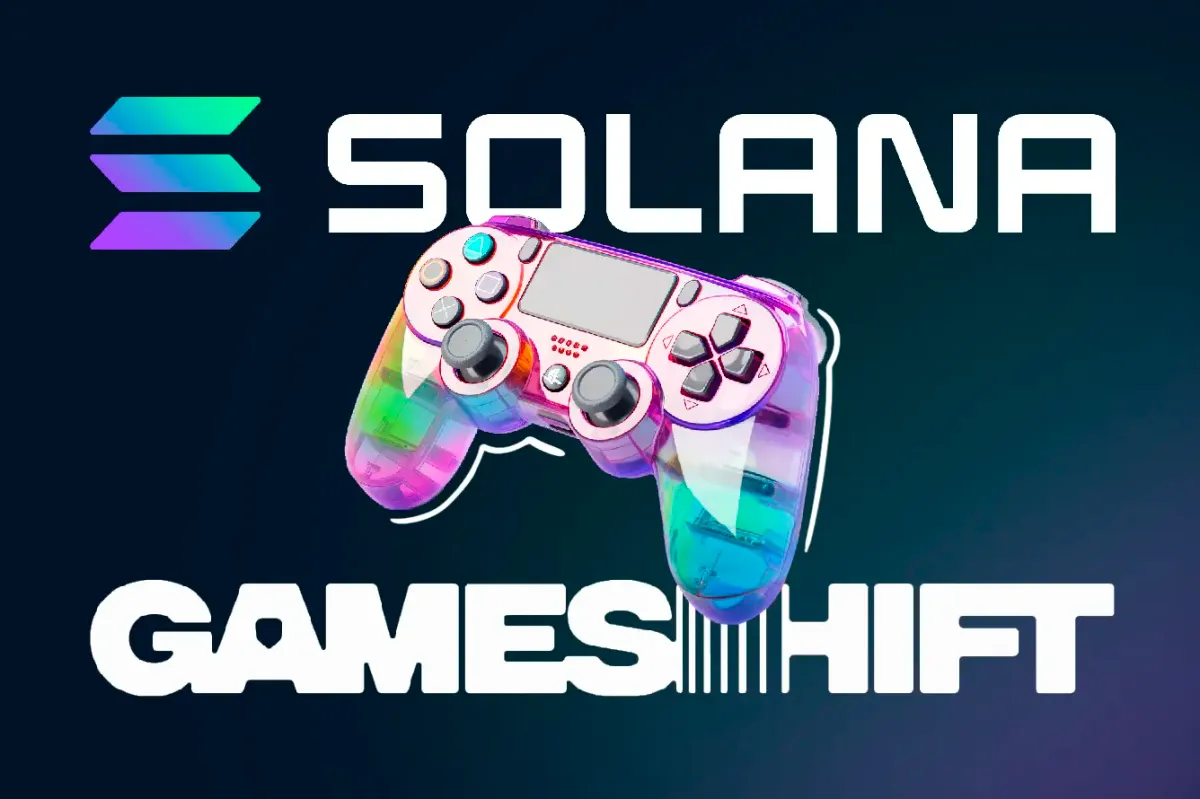
Solana Labs yesterday announced the beta launch of its GameShift platform, allowing game developers to easily add blockchain functionality without needing to know how to code Web3 elements. After being first revealed in July, GameShift is now available for developers to explore and use for live projects.
Developing a blockchain-based game has historically required specialist blockchain-savvy coders to handle the backend processes. These are often complex, and developers must pay particular attention to security features, which are rarely a consideration in standard games.
All of this requires a large investment of time, energy and money, and with the vast majority of games being produced on a limited budget, often comes at the expense of gameplay or actual fun. Solana Labs is not the first to provide tools aimed at simplifying this process, but it hopes to become the first to make significant inroads into the $220 billion gaming market.
GameShift allows developers to add Web3 elements via a familiar unified Web 2.0-friendly API, including content storage, gas fees and smart contract implementation. However, it isn't just developers who can avoid getting their hands dirty when dealing with blockchain functionality. Users are also presented with a streamlined and frictionless experience, as Davis Hart, product lead for GameShift explains:
“Integrating GameShift's API to handle blockchain complexity under the hood allows developers to dedicate more resources directly to game development. Even more importantly, developers can provide a Web2-friendly experience to gamers, easing the common Web3 frictions that can deter user acquisition and engagement.”
Players access GameShift-supported games via email authentication, giving them full control of in-game assets in a non-custodial wallet requiring no password or seed-phrase. Furthermore, assets can be listed, purchased and traded in a seamless branded marketplace, without players ever needing to own cryptocurrency. All user transactions can instead be carried out in USD using credit and debit cards.
Web3 features in games developed in GameShift will, naturally, be hosted on the Solana blockchain network. This features extensive scalability and high-speed low-cost transactions, ideal for the minting, transfer and trading of a multitude of in-game assets.
Indeed, back in June, Solana topped blockchain charts with over 24.7 million daily transactions, in part due to its continued popularity as a platform for NFTs. But it isn’t all fun fun fun. Last month the network was chosen for Visa’s ongoing cross-border stablecoin payments pilot, due to its speed and cost benefits.
Many games could benefit from the addition of Web3 features such as true ownership of assets. We shall continue to Observe whether Solana Labs’ latest offering causes a seismic Shift towards blockchain functionality within the gaming industry.
